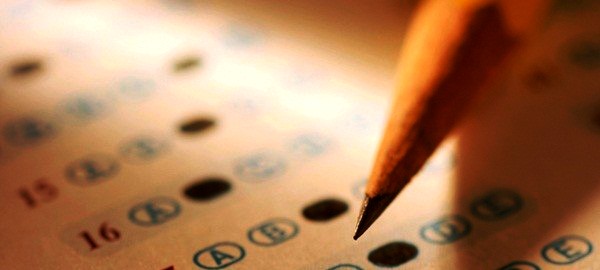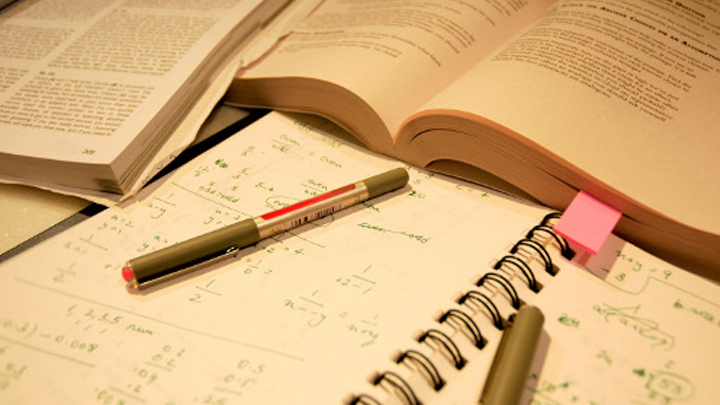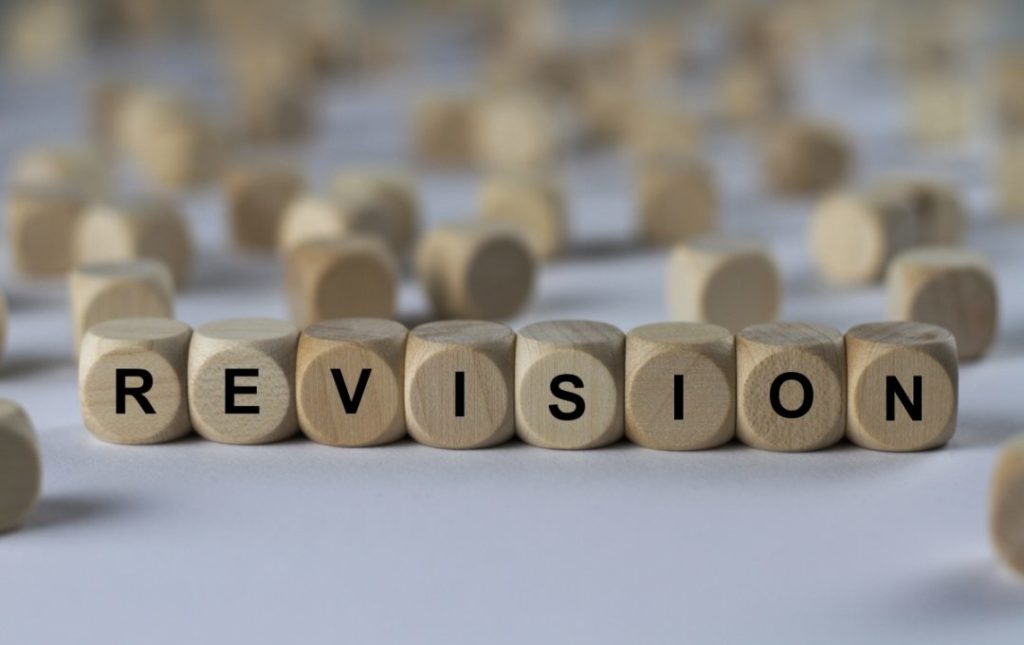
Mission Engineering: Preparing for Boards & JEE Simultaneously
Boards, JEE Mains, JEE Advanced and AAT, all fall one after the other and may boggle out the engineering aspirant in you. Studying ‘strategically’ is the key to taking on the challenge with might.
As you dream of being an Engineering student at a reputed Engineering College in the next academic year, this must be the busiest time for you: preparing for board exams, while also gearing up for JEE Mains that follows right in April. Great, if you scored wonderfully in the January round of JEE 2020. An attempt at JEE Advanced awaits you just a month from JEE Mains April round- 17th May is the date.
This is quite the season of preparation that demands the best of you. And given the level of difficulty and importance of these exams in scoring an admission in an excellent Engineering College, it’s obvious for you to have sleepless nights if you really care about a career in a sophisticated field like Engineering. However, thanks to the similarity in the syllabi, managing studies might be difficult, but not impossible.

Board exams don’t require you to study topics apart from the ones in your 12th standard syllabus. On the other hand, JEEs require you to prepare topics from 11th standard syllabus as well. It’s mostly about revision if you have been preparing for the exams ever since 11th standard days. But as you approach Board exams, focusing on 12th standard syllabus might make you feel drifted away from the topics in the syllabus of the earlier year. Given that 40% of your Board exam score is considered in your JEE rank, underestimating Board preparations neither is a good idea.
You still have the option of seeing your Board exams as the way leading up to JEE Mains. Here are a few things to remember while preparing for your Board exams and JEE simultaneously.
The Practical Differences:
Board examinations are theoretical in nature and require students to be prepared to write descriptive answers. JEE question papers ask objective type questions to which well evaluated and precise answers are expected. JEEs have a higher level of difficulty meant to segregate out average students. Board exams consider that average students don’t end up having a failed attempt. Students qualifying in Boards, but not scoring up to the mark in JEEs may apply for other Science courses for higher studies.

Negative marking is an alarming aspect of JEE exams. You don’t have to worry about losing marks for wrong answers in your Board papers.
Strengthening the Theoretical and Conceptual foundations:
JEEs test a candidate’s ability to apply theoretical and conceptual knowledge across a diversity of questions. Well founded theoretical and conceptual grasp of the topics included in the prescribed syllabus is imperative. It serves as the base while practising for JEE exams. Being well versed with elaborating theory helps you score higher in HSC Board exams. Nearly every exam that clears your way towards quality Engineering education tests you heavily on your theoretical and conceptual stronghold. Skipping the theory and compensating it with other practical aspects of a topic can affect your total score or rank significantly.

While you may be made to believe that your theory preparations won’t help in JEE, the truth is they are half the work done before you begin practising objective type questions.
Preparing According to Paper Patterns:
By now you must have understood that rote learning is not the way to go about while preparing for Engineering entrance tests. Understanding patterns of question papers from different examinations and from different years will make your preparation truly strategic. Look deeper for the break-down of marks across the entire question paper, understand the allocation of time accordingly, so that you make the most of each of your minute in the examination hall. As you abide to question paper patterns while studying, there are less chances that you spend unreasonable amount of preparation time on a certain topic.

Question papers for JEE and Board examinations vary in their pattern and following the pattern keenly plays a great role in maximizing your scores.
Make time to Solve Question Papers:
If you are someone who believes in burying your head in the textbook till the last moment before the exam bell rings, you are just not serious enough about optimizing your scores. Reading and comprehending chapters from the textbooks is a very basic way of studying. You might think that practising the problems would give you an edge. But even that’s not enough. Never ignore the fact that writing an examination is a different experience in itself- you have to cope with the stress caused by the time running out. At times it can freak you out to a level where you just go blank. Collecting question papers from the previous years and solving them against a stopwatch is the exercise that makes you used to the practice of solving question papers in time.

Grasping knowledge is one thing, and expressing it is another. While in a viva you can just describe your answers to the examiner, in a written test you have to stick to the time constraints.
More the Revisions, Better the Score:
What after exercises like studying pattern-wise and solving question papers? Solving question papers helps you understand your weaknesses well in advance. Revision is what you do next. While solving Board question papers, you straightaway understand which sections of the textbook, which chapters in particular you need to go back to. At times you may go blank on a topic that you were confident about before attempting the question paper. A revision of such a topic reassures you of your preparations and boosts your confidence.

Although rote learning is not dependable, you don’t have an option when it comes to topics like trigonometric identities, organic chemistry and most other formulae. Revision is indispensable.
Above all, time management is the most crucial aspect as you prepare for Boards and JEEs at the same time. Plan your study hours mindfully. You may prioritize some topics depending on their weightage in the examinations, but you can’t underestimate the necessity of covering the syllabus in its entirety. Also pay attention that you don’t exhaust yourself with prolonged hours of studying.
This article by ARMIET Engineering College aims to help Engineering Aspirants prepare well in order to secure admission in an Engineering College of their dreams.



